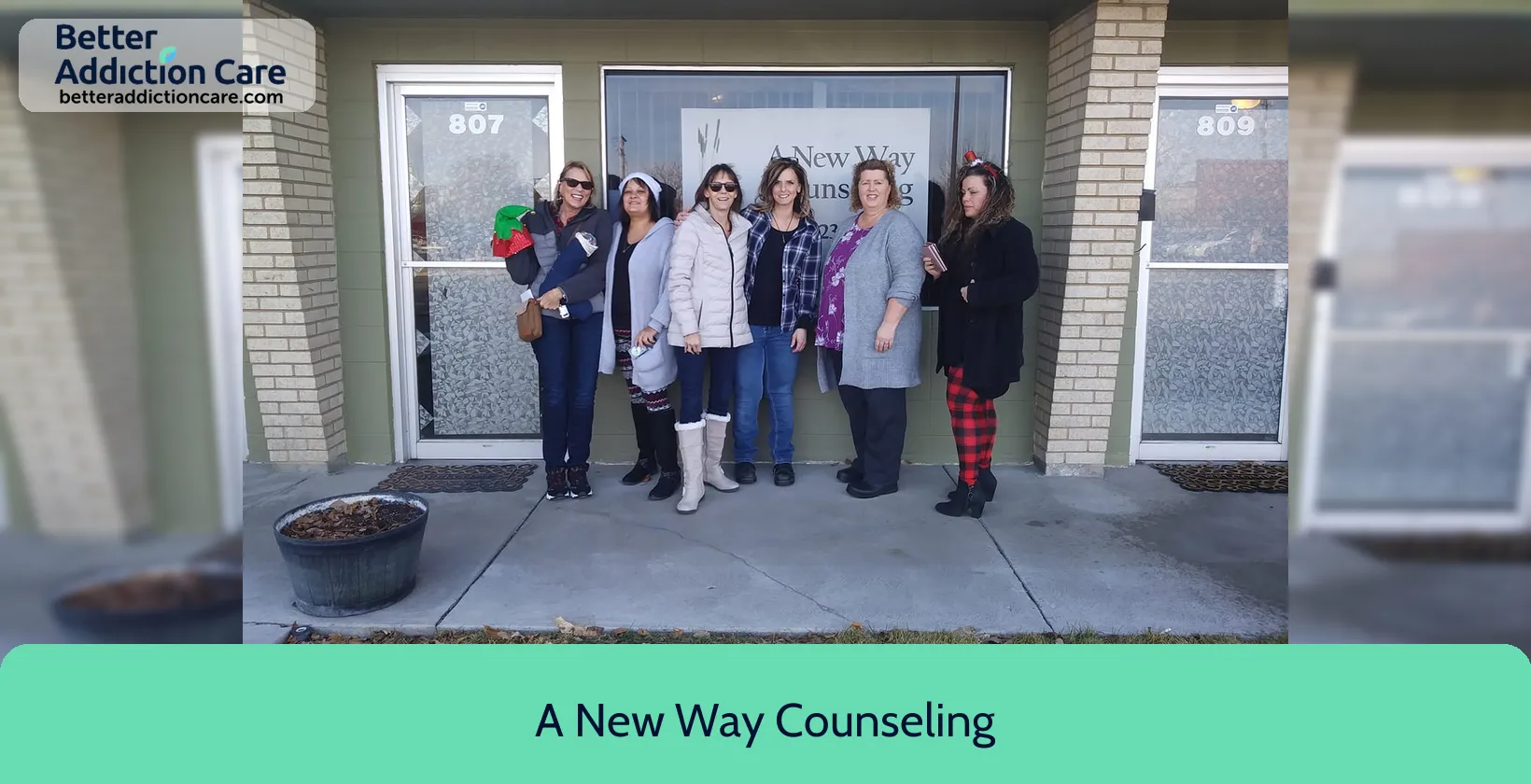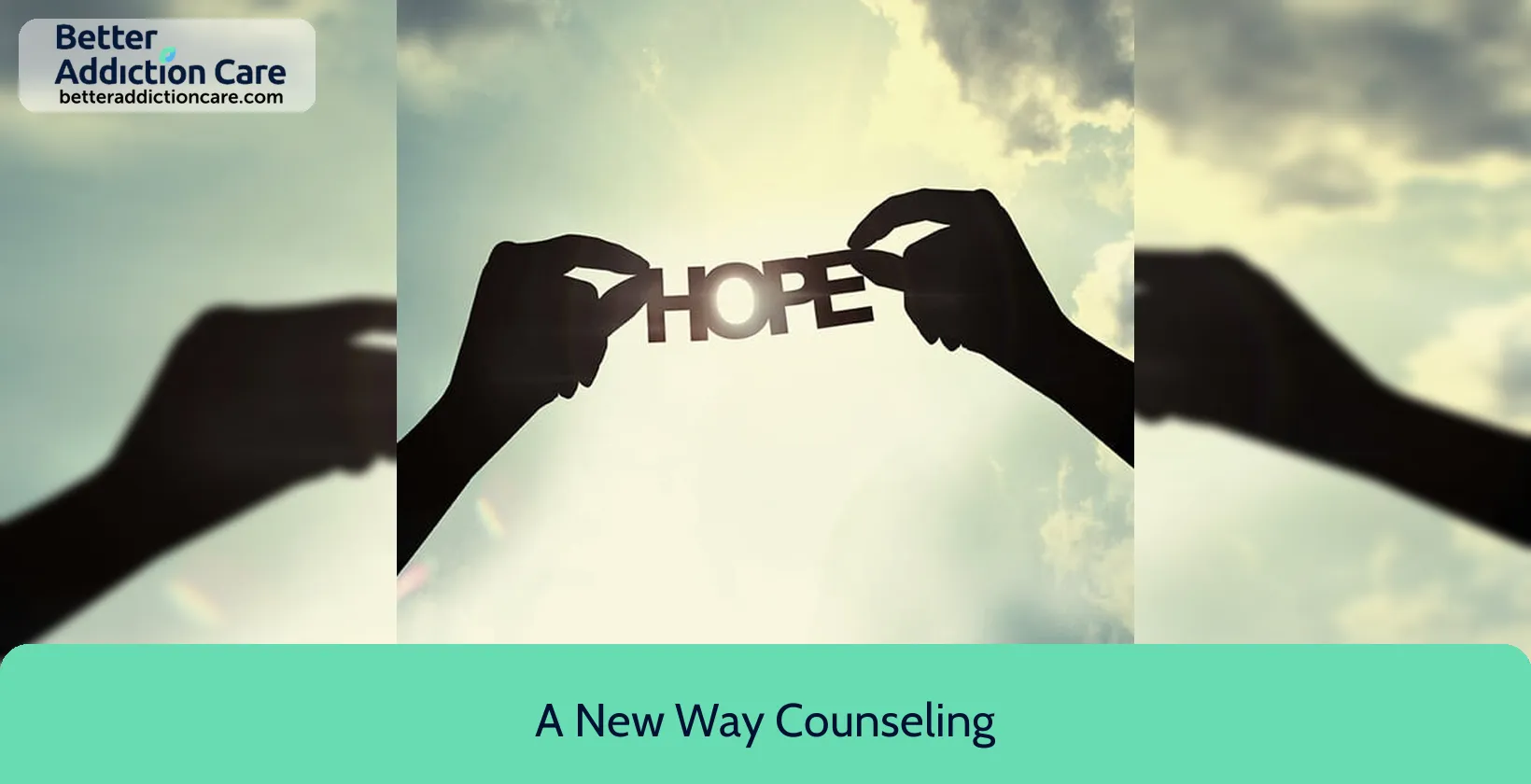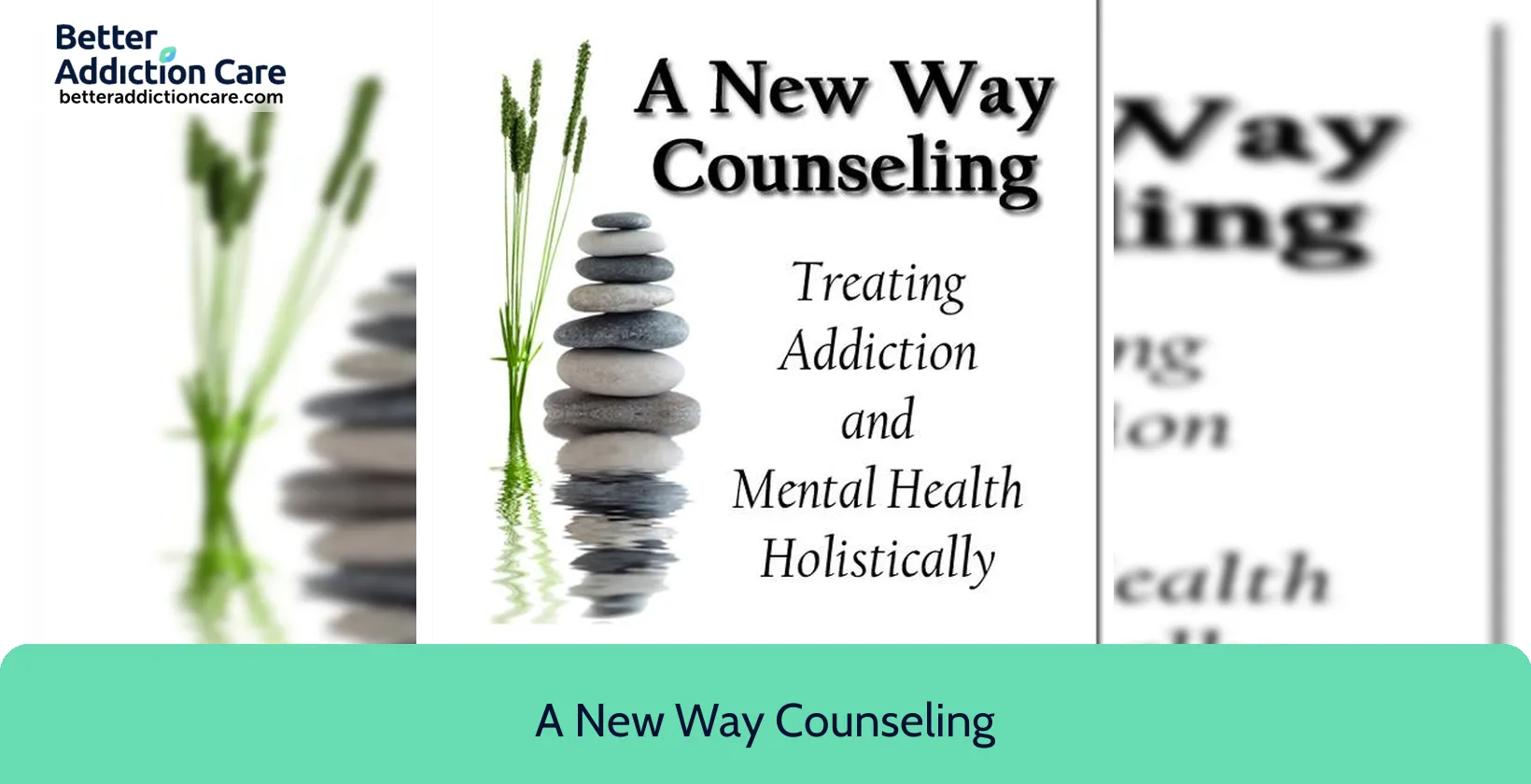A New Way Counseling
Overview
A New Way Counseling is a substance abuse treatment center for people seeking treatment near Bannock County. As part of their treatment modalities for recovery, A New Way Counseling provides family counseling, group counseling, and trauma-related counseling during treatment. A New Way Counseling is located in Pocatello, Idaho, accepting access to recovery (atr) voucher for treatment.
A New Way Counseling at a Glance
Payment Options
- Access to Recovery (ATR) Voucher
- Medicaid
- Cash or self-payment
- State-financed health insurance plan other than Medicaid
- Payment assistance (check with facility for details)
Assessments
- Comprehensive mental health assessment
- Comprehensive substance use assessment
Age Groups
- Adults
Operation
- Private for-profit organization
Highlights About A New Way Counseling
6.59/10
With an overall rating of 6.59/10, this facility has following balanced range of services. Alcohol Rehabilitation: 8.00/10, Drug Rehab and Detox: 6.00/10, Insurance and Payments: 6.00/10, Treatment Options: 6.36/10.-
Alcohol Rehabilitation 8.00
-
Treatment Options 6.36
-
Drug Rehab and Detox 6.00
-
Insurance and Payments 6.00
Treatment At A New Way Counseling
Treatment Conditions
- Mental health treatment
- Alcoholism
- Opioid Addiction
- Substance use treatment
- Co-occurring Disorders
Care Levels
- Intensive outpatient treatment
- Detoxification
- Outpatient
Treatment Modalities
- Family counseling
- Group counseling
- Trauma-related counseling
- Individual psychotherapy
Ancillary Services
Languages
- Sign language services for the deaf and hard of hearing
Special Programs
- Pregnant/postpartum women
- Clients who have experienced trauma
Contact Information
Read our Most Recent Article About Drug Addiction
DISCLAIMER: The facility name, logo and brand are the property and registered trademarks of A New Way Counseling, and are being used for identification and informational purposes only. Use of these names, logos and brands shall not imply endorsement. BetterAddictionCare.com is not affiliated with or sponsored by A New Way Counseling.











